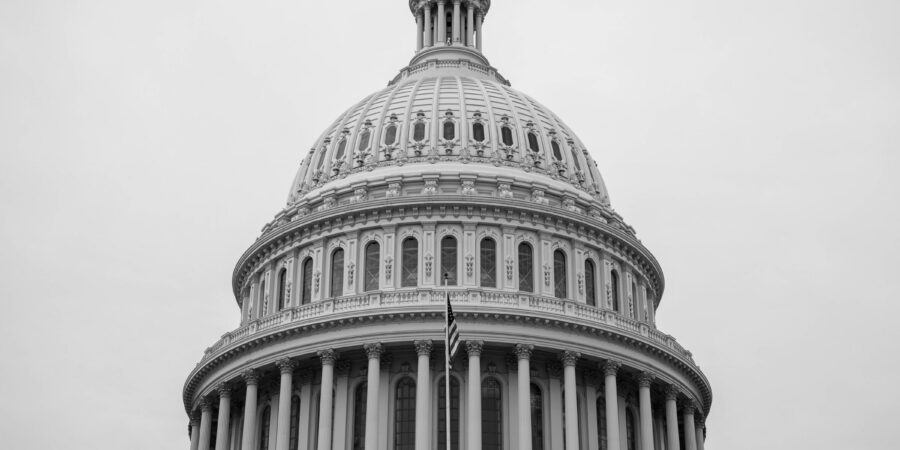Africa’s Unity Organization
South Africa became a member of the OAU in 1994; the Charter of African Unity (supplemented by six resolutions) officially declared the right of African peoples to decide one own ultimate fate, to strive besides advancement, and to maintain peace and stability; goals: strengthening unity and solidarity, trying to defend sovereignty and integrity, and developing international cooperation; principles of operation: sovereignty and integrity – African Politics.
The OAU’s creation (which absorbed the existing groupings of the Casablanca and Monrovia states) was a significant step toward implementing pan-African tendencies; however, only a portion of the program’s goals have been met: strengthening international cooperation, observing the principle of sovereign equality, and supporting the liberation aspirations of dependent peoples. The Assembly of Heads of States, the OAU’s main body, meets once a year to coordinate African Politics.
The African Union (AU)
It brings together 55 African countries; the AU’s main goals are to accelerate the continent’s political and social-economic integration, promote and defend common interests, defend the member states’ sovereignty, territorial integrity, and independence, promote peace, security, and stability on the continent, and promote democratic principles and institutions, civil society, and principles of good governance.
Ideologies In Africa
African ideologies, intellectual notions marked the route of socio-economic and political development of independent African countries; its leaders sought ideals that soared above tribal animosity, linguistic and religious differentiation, and historically generated ethnic conflicts and struggle. These concepts aimed to unite Africa’s internally divided communities by introducing them to the process of forming a unified national and state structure. Many diverse ideological currents evolved as a result of these complex circumstances, some of which were more or less popular throughout Africa.
The concept of the third world theory prompted the formation of a “people’s power” (jamahiriya) system, which was implemented in the form of direct democracy by people’s congresses and people’s committees, bypassing all previous political and parliamentary institutions. It is still in use in Libya, despite the fact that the results are debatable. As a result, the ideological landscape of contemporary Africa is vibrant and diverse. However, thus far, the execution of most of the ideological notions advocated here has not yielded any visible results.
Casablanca
contributed to the establishment of the Organization of African Unity (1963), and its member states accepted membership in the OAU; announced the so-called The Charter of Africa, which defines the Casablanca group’s goals (striving for the abolition of colonialism and the political and economic integration of African states); contributed to the establishment of the Organization of African Unity (1963), and its member states accepted membership in the OAU.
Pan-Africanism
Pan-Africanism would be a political movement that emphasizes the distinct spiritual identities of Africans & people of African heritage, as well as the need for political collaboration between them.
started at the turn of the nineteenth and twentieth centuries among American blacks 1900–39 held 7 pan-Africanist congresses on politics, religion, and philosophy; after World War II, the radical pan-African trend developed into an anti-colonial and anti-imperialist movement, with the goal of uniting the African nations (also the concept of so-called African socialism by K. Nkrumah); in the pan-Africanist congresses on politics, religion, and philosophy



